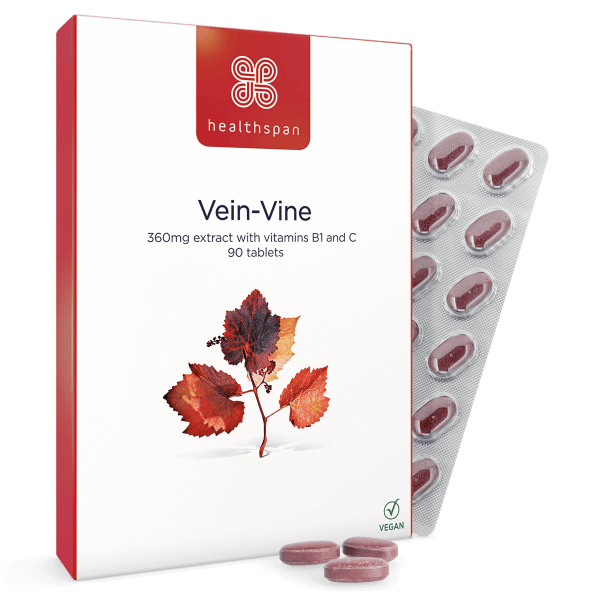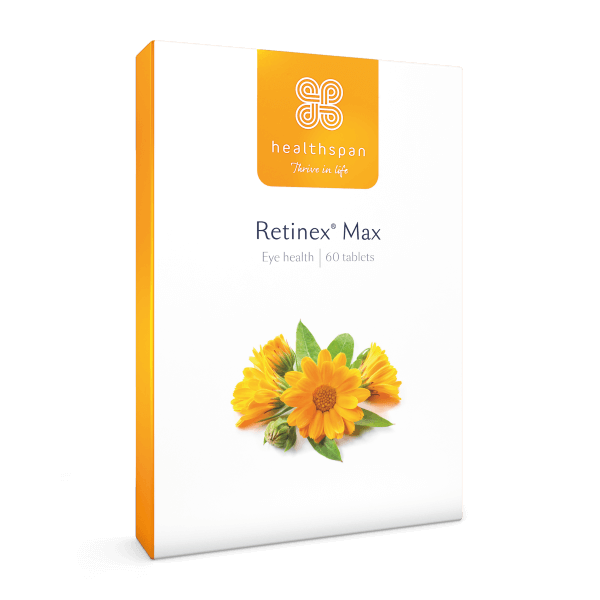We usually associate supplements with boosting winter immunity, but they can also be helpful in the warmer months.
🕒 4 min read
Summer is here at last, and although it's lovely to see the sun shining, this season brings new challenges in the form of hay fever, swollen ankles and other heat-related conditions.
So, while we often focus on supplements for immunity during winter, what should we think about during the hotter months of the year?
Bromelain
When you have seasonal allergic rhinitis, the immune system wrongly identifies pollen as a potential threat and triggers the release of histamine, which causes blood vessels to dilate and activates other immune reactions.
This then leads to inflammation, swelling and those pesky hay fever symptoms – runny nose, stuffiness, sneezing and itchy conjunctivitis.
Studies have shown that bromelain – an enzyme extracted from the stems of pineapples – can reduce the nasal pain, swelling and inflammation caused by hay fever, as well as thinning mucus so it's easier to shift.
Pycnogenol
Extracted from the French maritime pine, pycnogenol is another supplement that can ease hay fever symptoms, with research showing that it blocks the release of histamine from immune cells as effectively as the commonly used hay fever drug sodium cromoglicate.
Red vine leaf extract
Swollen ankles occur when more blood flows towards the surface of the body to cool you down – and is especially common in the hot summer months.
This distends blood vessels, and fluid can leak into the surrounding tissues to cause swelling. It's more likely to happen if you stand for much of the day, don't walk around regularly (which pumps blood back up from the legs to reduce swelling), if you are overweight or if your veins are already distended by varicose veins.
Studies show that red vine leaf extracts stabilise tiny capillaries to reduce their permeability, so less fluid passes from the circulation into the tissues.
In Germany, as much as seven per cent of the general population take red vine leaf extracts, usually on the advice of their doctor, to reduce swelling and other leg symptoms associated with chronic venous insufficiency (such as varicose veins).
Some people use red vine leaf extracts together with compression stockings, while others use them on their own, depending on the severity of their symptoms.

Vein-Vine
Red Vine Leaf for tired and heavy legs
- Red vine leaf contributes to good blood flow in the legs
- Can help legs feel less heavy and tired
- Added Vitamin C to help collagen formation for normal blood vessel function
Lutein and zeaxanthin
Exposure to sun can damage your eyes, causing cataracts, and people with light-coloured eyes and those who have had laser eye surgery (which thins the cornea) are at greatest risk. It's important to wear sunglasses that block 100 per cent of all UV light or which state "UV absorption up to 400nm".
You can also protect your eyes from the inside. Lutein is a yellow pigment, obtained from eating yellow, orange and green fruit and vegetables, that is vital for healthy eyes.
Lutein becomes concentrated in a part of the retina called the macula, which is responsible for fine vision. Some lutein is also converted into another yellow pigment, zeaxanthin, and together these act like "nature's sunglasses" to filter out damaging blue light.
Lutein can't be made in the body, and research shows that lutein supplements help to protect against cataracts as well as age-related macular degeneration.

Retinex Max
'Nature's sunglasses' containing lutein and zeaxanthin
- Contains 20mg lutein and 2,000mcg zeaxanthin
- Powerful carotenoids found in high concentrations in the eye
- Supports long-term eye health
Although not a substitute for good sun sense (wearing sun cream and covering up in the sun), some vitamins and nutrients can make our skin more resilient and help to mitigate sun damage.
Lycopene has been shown in one small trial to help reduce sun-induced skin damage. We generally all get some lycopene in our diet from tomato-based products, but a high-strength supplement can help to top up levels of this sun-protective substance.
Anthocyanin-rich berries such as bilberries appear to help reduce the effects of UV-induced damage. High in antioxidants, these natural compounds help to fight cell-damaging free radicals. As we age, our ability to fight off free radicals declines, and sun exposure can weaken collagen and elastin in the skin, leading to wrinkles and sagging.
Research shows that sunburn and sun sensitivity are markedly reduced with a diet rich in omega-3 fatty acids. These help to build up greater resilience to UV rays by helping to protect skin cells from sun-induced inflammation and free radical damage.
Can defend skin against sun damage by helping to protect cells from oxidative stress.






